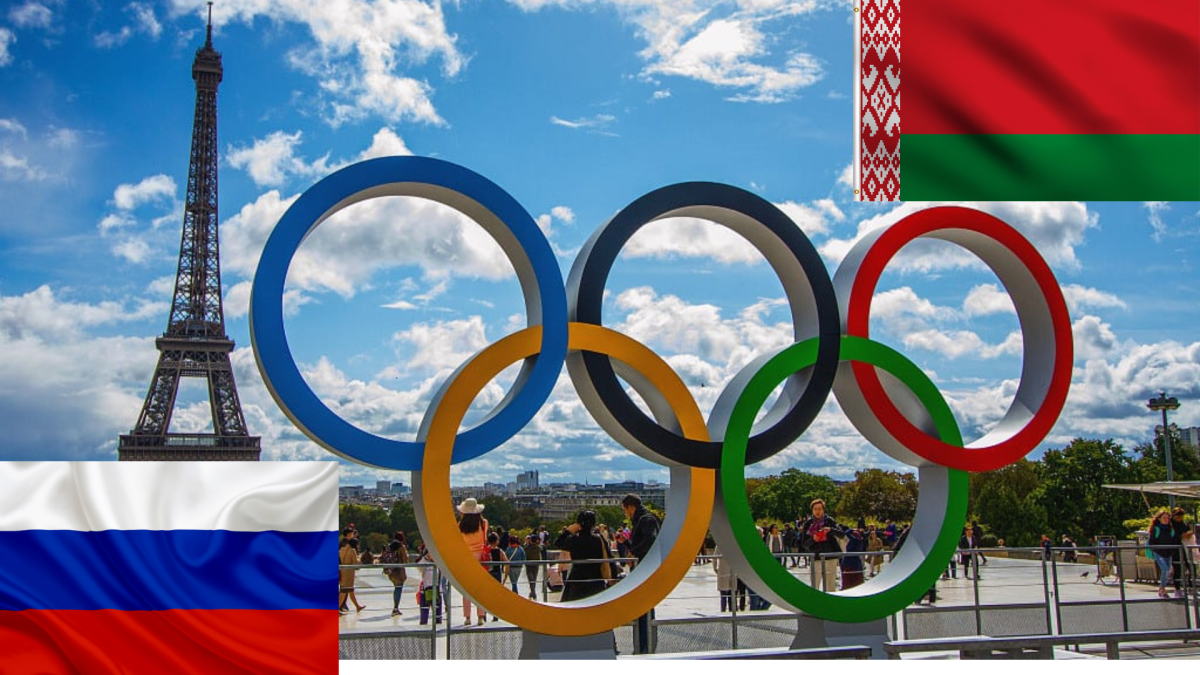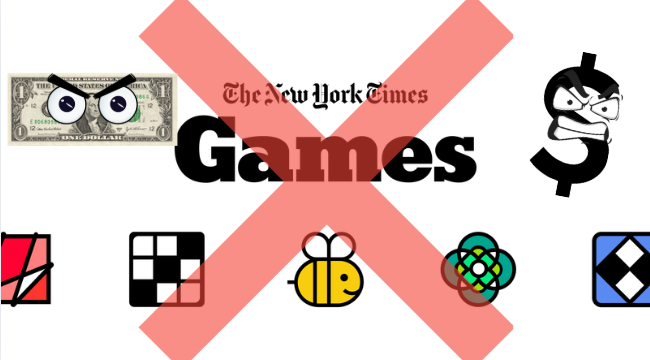In an open letter published on Dec. 29 by Ukraine’s sports ministry, over 200 Ukrainian athletes signed an agreement urging French President Emmanuel Macron to exclude Russian and Belarusian athletes from participating in this year’s Olympic and Paralympic games.
The citizens of a nation should not be judged according to the ideology of its government. The Olympics are arguably the most significant sporting event in the world, occurring just once every four years. Historically, the games have served as a global platform for nations of the world to demonstrate their athletic prowess, with equal representation remaining a cornerstone of preserving the event’s integrity.
According to the International Olympic Committee, the goal of the Olympic Movement is to “contribute to building a peaceful and better world by educating youth through sport practiced without discrimination of any kind and in the Olympic spirit, which requires mutual understanding with a spirit of friendship, solidarity and fair play.” Promoting unity among nations ensures that international relations are kept strong despite tensions that may otherwise arise outside of the athletic realm. When the polarizing world of politics begins to seep into that of entertainment, the line meant to uphold ethical values becomes blurred.
Despite the objections from Ukrainian athletes, the International Olympic Committee has held firm in its decision, with a Dec. 8 statement stating that Russian and Belarusian athletes will be allowed to compete at the Paris 2024 Olympics as long as they have not publicly voiced support for the war in Ukraine. Likewise, athletes who are contracted to the Russian or Belarusian military or national security agencies will not be deemed eligible to compete.
Additionally, athletes who manage to qualify for individual sports will be obligated to compete neutrally without the use of flags, emblems, or anthems to promote their home countries. Logistically, I can see the importance of setting a reasonable compromise, which makes more sense than implementing a wholesale ban on an entire group of athletes who are not guaranteed to share the same beliefs. Condemning the athletes who support the violence that has been responsible for over 500,000 casualties is a reasonable critique to make but at the same time, it cannot be ignored that even when the Olympic games were held in a nation governed by a dictatorship, a notable success story managed to rise from the ashes.
Looking back on the 1936 Olympics, which were infamously hosted by Nazi Germany shortly after Adolf Hitler assumed power as chancellor of Germany, German athletes were granted the right to compete despite the political corruption that had begun to taint their government. African American Track and Field star Jesse Owens used the opportunity to become the first American to win four gold medals for the 100-meter dash, the 200-meter, 4 X 100-meter relay, and the long jump.
In a stunning display of sportsmanship, German Track and Field athlete Luz Long gave Owens crucial advice regarding his jump and was the first to congratulate Owens on his victory, paying no heed to Nazi Germany’s racist and antisemitic rhetoric promoted by Hitler claiming that German athletes were superior on the basis of race. After Owens had won the gold medal for the United States and Long the silver medal for Germany, the two took the initiative to walk around the stadium arm-in-arm as they posed for photographs together. In fact, Owens and Long remained friends even after the Olympic Games has passed and wrote letters to each other afterward.
“It took a lot of courage for [Luz Long] to befriend me,” Owens said. “You can melt down all the medals and cups I have and they wouldn’t be a plating on the 24-karat friendship I felt for Luz Long at that moment.”
Ultimately, just because an athlete qualifies to represent their nation to a global audience during the Olympic Games does not mean they condone the unjust actions committed by their government. It is fundamentally discriminatory to lump an entire group of Olympic athletes into one confined category based on their country of origin because there will always be individual beliefs that differ from those held by the government. Therefore, granting every sovereign nation the opportunity to be spotlighted during the Olympic Games is essential to preserving equality and fair representation.















